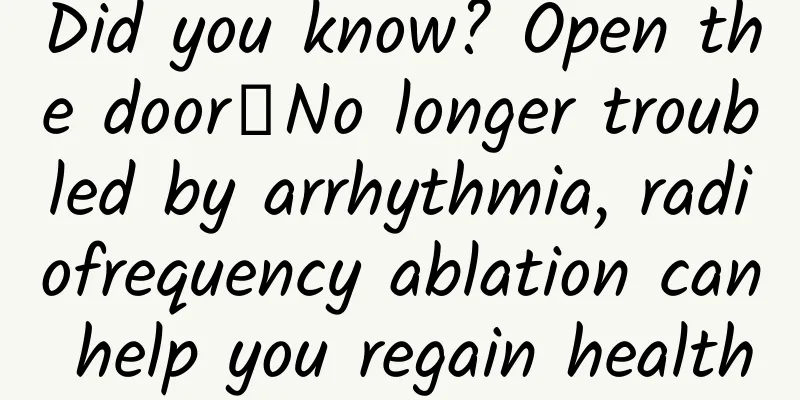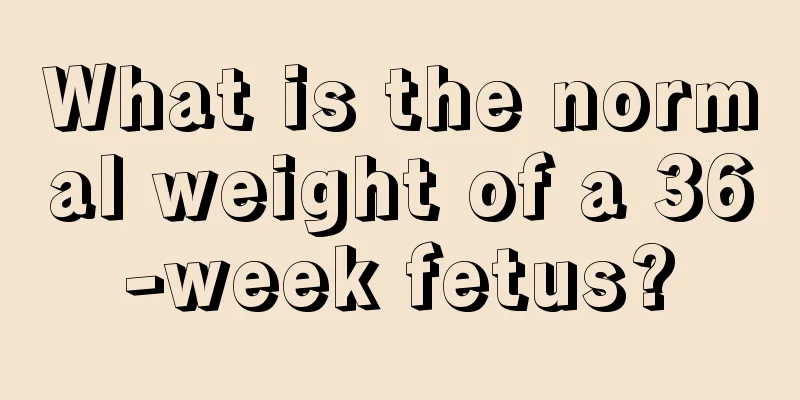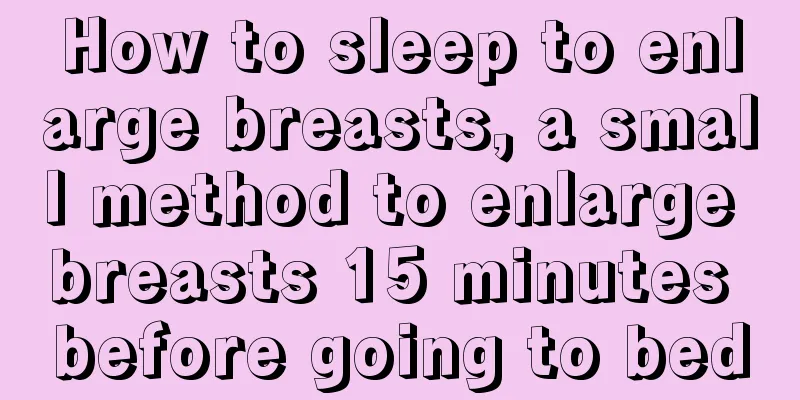Did you know? Open the door┋No longer troubled by arrhythmia, radiofrequency ablation can help you regain health

|
Contributors: Zheng Meijuan, master's student in cardiovascular medicine, the First Clinical Medical College of Xinjiang Medical University; Yang Yuchun, associate chief physician of the Department of Comprehensive Cardiology, the First Affiliated Hospital of Xinjiang Medical University. Review expert: Muhuyati, deputy director of the Health Management Professional Committee of the Xinjiang Medical Association; professor and chief physician of the Department of Cardiology, the First Affiliated Hospital of Xinjiang Medical University. Q: What is cardiac radiofrequency ablation? A: Radiofrequency ablation is a non-surgical treatment for cardiac arrhythmias that uses high-frequency electrical currents to disrupt abnormal electrical circuits in the heart, thereby restoring normal heart rhythm. Q: What is arrhythmia? A: Arrhythmia is a heart problem that causes the heart to beat too fast, too slow, or irregularly. In some cases, arrhythmia can lead to serious complications such as fainting, heart failure, or stroke. Q: Where should cardiac radiofrequency ablation be performed? A: Radiofrequency ablation is usually done in a hospital. Your doctor will insert a long, thin catheter through your leg or neck and then guide it into your heart. Q: Is cardiac radiofrequency ablation safe? A: Cardiac radiofrequency ablation is a safe and effective treatment, but it also has certain risks, such as heart perforation, bleeding, infection, and arrhythmia. Therefore, before undergoing cardiac radiofrequency ablation, patients should discuss the risks and benefits of treatment with their doctors and follow the doctor's advice. Q: How effective is cardiac radiofrequency ablation? A: Cardiac radiofrequency ablation can significantly improve the quality of life of patients with arrhythmias and restore normal heart rhythm. However, the specific effect depends on the patient's condition and the complexity of the treatment. Q: What should I pay attention to after cardiac radiofrequency ablation? A: After cardiac radiofrequency ablation, patients need to follow the doctor's advice, pay attention to rest and recovery, and avoid strenuous exercise and heavy lifting. At the same time, patients also need regular review and follow-up to ensure the treatment effect and health status. Q: Which is better, cardiac radiofrequency ablation or drug therapy? A: Both cardiac radiofrequency ablation and drug therapy can treat arrhythmias, but the specific treatment method depends on the patient's condition and the severity of the disease. Generally speaking, for some difficult-to-control arrhythmias, cardiac radiofrequency ablation is a better choice. Q: Who is suitable for cardiac radiofrequency ablation? A: Cardiac radiofrequency ablation is suitable for arrhythmias such as paroxysmal supraventricular tachycardia, premature ventricular contractions (premature beats), ventricular tachycardia (VT), atrial flutter, atrial fibrillation, etc., especially for patients whose arrhythmias cannot be controlled by drug therapy. |
<<: If a child takes antipyretic medicine and then vomits, does he need to take it back?
>>: What to do if you have cholecystitis and bloating
Recommend
38 weeks of pregnancy, back pain, how long will it take to give birth
At 38 weeks of pregnancy, you can actually be pre...
Can I eat fresh dates during menstruation?
Women have many taboos during their menstrual per...
Nine dangers of not being a virgin
A shortcut to happiness for men: when was your wi...
What medicine is good for girls with dysmenorrhea
Almost 70% of girls have dysmenorrhea in life. So...
What is the reason for missing menstruation?
Menstruation is a stage that every woman needs to...
Symptoms of yolk sac without embryo bud and fetal heartbeat
In today's increasingly developed society, ma...
What should I do if I have constipation during confinement?
Confinement is a necessary process for every new ...
When is it difficult for a woman to get pregnant
When is it most difficult for women to get pregna...
Breast exercises for breast enhancement
Breasts are an important symbol of women. In addi...
What is the reason for the yellow snot-like leucorrhea?
Gynecological diseases are a type of disease that...
Where is the refrigerator usually placed in the home? How to place the refrigerator appropriately?
We all know that the refrigerator is a relatively...
Can I drink dehumidifying tea during menstruation?
I believe that everyone has begun to feel a littl...
My stomach hurts when I press it
If your lower abdomen hurts when you press it, yo...
Exercises to treat uterine prolapse
For women, if you have uterine prolapse, don'...
What to do if you have tooth decay during breastfeeding
When women begin to breastfeed, their health will...









